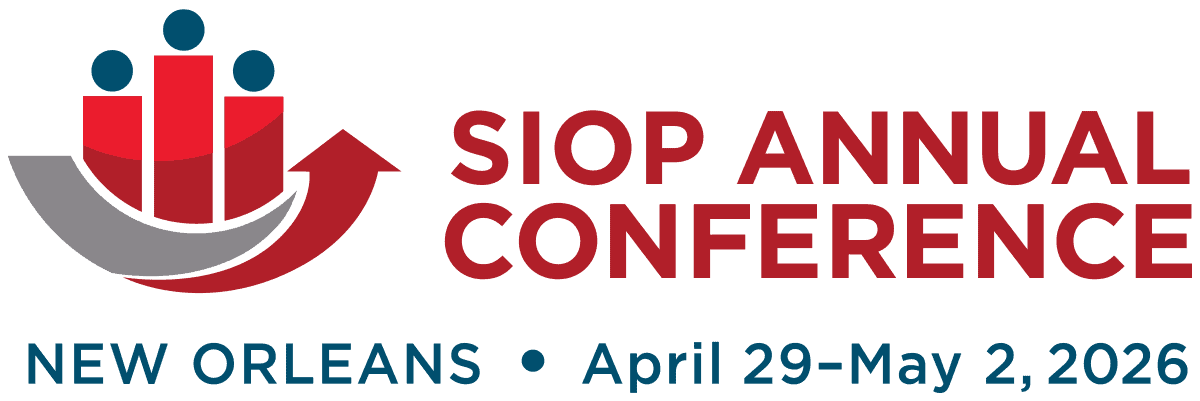
About the Event
The 2026 SIOP Annual Conference, hosted at the New Orleans Ernest N. Morial Convention Center, will be a premier gathering in the field of industrial-organizational psychology. Set in the culturally rich and energetic city of New Orleans,the event will bring together top experts, researchers, and practitioners from around the world to exchange ideas and further the science and practice of I-O psychology.

Jeffrey Cucina
2026 SIOP Program Chair
The SIOP Program Committee is working diligently to prepare the 2026 SIOP Program. This work involves receiving proposals for sessions and posters, conducting peer reviews of the proposals, and assembling the daily program of accepted sessions. SIOP Members can get involved by submitting proposals and volunteering to serve as peer reviewers. In addition, the SIOP Program Committee will assemble a small number of special sessions with invited speakers and facilitators (e.g., Communities of Interest, award winner sessions). Our goal is to create a program of sessions and posters that contains cutting-edge research, educational content, and discussions about the science and practice of I-O psychology.

Jack Kennedy
2026 SIOP Conference Chair
The SIOP Conference Committee is working diligently to ensure that our 40th annual conference remains the “conference of choice on workplace psychology for all those interested in the field. Our goal is to present a conference that inspires our entire community, facilitates sharing knowledge and exciting new ideas, fosters a sense of inclusion for all, and provides an opportunity to build connections and friendships. We look forward to welcoming I-O psychology practitioners, educators, researchers, students, and anyone interested in the field of I-O to Denver!
The 2026 SIOP Annual Conference Call For Proposals Submission Center is Now Open
The submission deadline is Wednesday, October 8, 2025, at 5 p.m. ET.
Conference Events
Sorry, we couldn't find any posts. Please try a different search.

